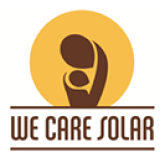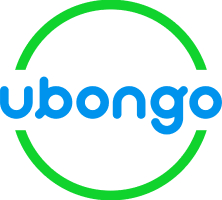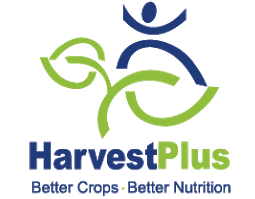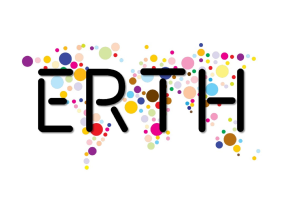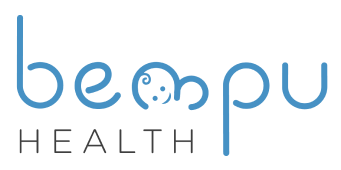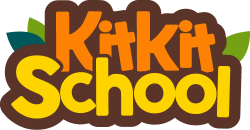Hailing from a wide range of regions and backgrounds, these
winners are tackling development challenges in rural and urban
communities around the world, often addressing multiple SDGs with
their innovations. And many are particularly relevant in the
midst of the current Covid-19 crisis. From spreading remote
learning and sustainable energy in rural communities to building
up water and sanitation services, to increasing the capacity of
young people to gain decent employment in green, tech-based
industries, these young entrepreneurs are working as a force for
progress and transformation.
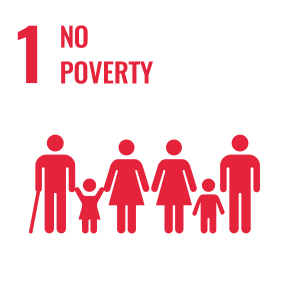
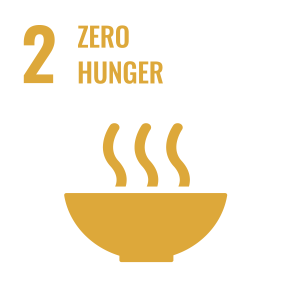
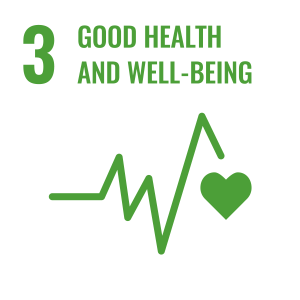
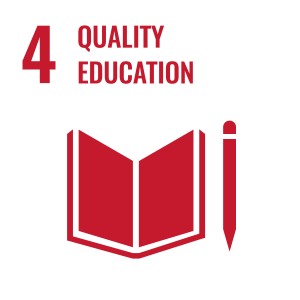
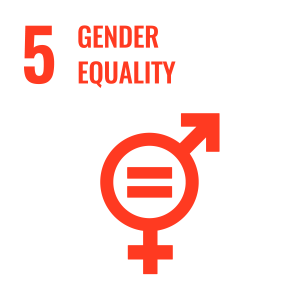
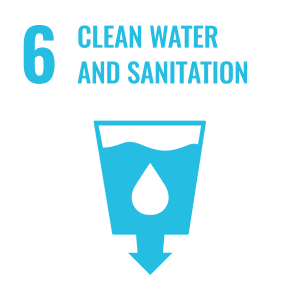
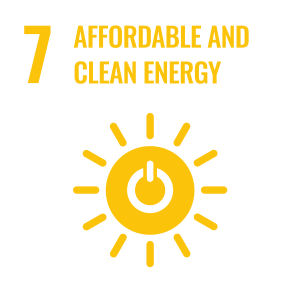
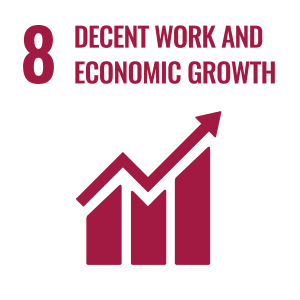
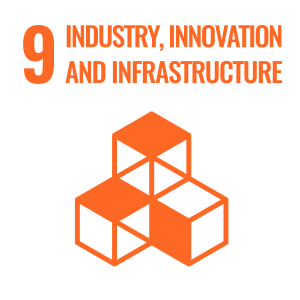
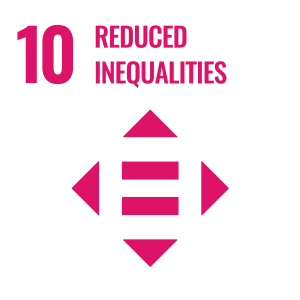

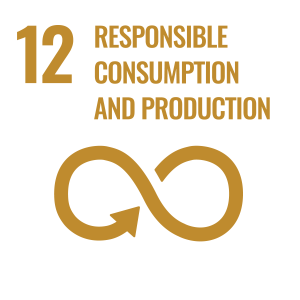
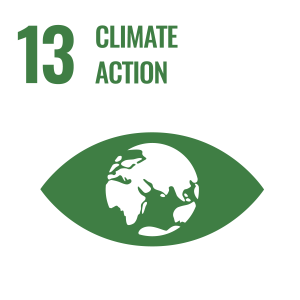
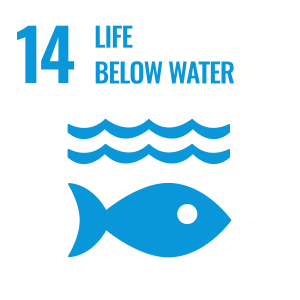
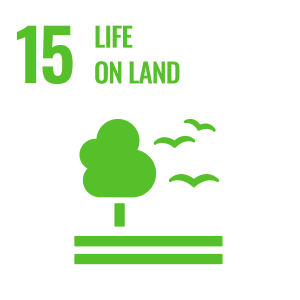
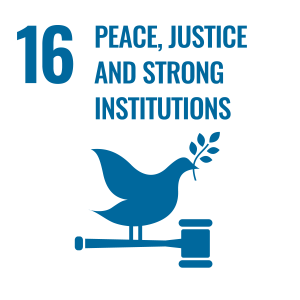
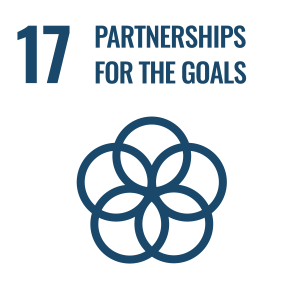
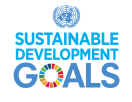
Winners
Bridges the gender gap in the technology space. Equips women for tech jobs and entrepreneurship by training in web development, games development, data science and AI. Training is followed by an internship programme (for jobs) or incubation programme (for businesses). Over 2,500 trained in Nigeria, with plans to expand to Ghana and Mauritius.
Women Techsters Initiative
Designs and manufactures compact solar electric systems and distributes these to off-grid health centers to ensure health workers have essential electric for life-saving care. Provides capacity building workshops install and maintain devices. Over 3000 Solar Suitcases deployed in more than 20 countries (incl. Nepal, Liberia, Kenya, Ugada, Tanzania, Zymbabwe)
Compact Solar Electric Systems for off-grid Health Centers
Collec+H4ts waste in the environment, recycles into biomass briquettes and gives it back to the cyclic economy as a product that replaces firewood therefore reducing deforestation. Over 4000 metric tonnes of waste recylced into briquettes and over 3,200 metric tonnes of carbon emissions mitigated. Implemented in Kenya.
Waste to biomass briquettes
Brings kids and their families a fun new way to learn using technology and engaging storylines in local languages, catchy songs, beautiful animation and beloved characters. Broadcasted on Free-To-Air TV and radio in 9 African countries (Tanzania, Rwanda, Kenya, Uganda, SA, Nigeria, Malawi, Zambia), in 4 languages, with 5 more African languages in development and 11 million monthly viewers.
Educating and entertaining kids in Africa
Tackles hidden hunger, a lack of essential vitamins and minerals by breeding vitamins and minerals (vitamin A, zinc, iron) into everyday food crops using conventional breeding, a method called biofortification. Plans to expand this to 30 target countries in all regions over the next several years, with the goal of reaching 1 billion people with biofortified crops by 2030. Implemented in Uganda, Colombia, India, Bangladesh, Nigeria, Pakistan, Congo, Democratic Republic of the, Brazil, Rwanda, Zambia, Guatemala, El Salvador, Bolivia and Nicaragua
Provides rural entrepreneurs and communities with low-cost machines, training and support to build safe, affordable homes and resilient incomes. 250 entrepreneurs have been supported to build 4500 homes, creating 2500 jobs and saving 20,610 tons CO2, now scaling the model across Nepal and South Asia.
Digitizes paper-based programmatic guidelines and defines the assistance eligibility parameters, taking into consideration all possible variables, tracks assistance, attendance, health status and the delivery of health/nutrition education sessions. Implemented in El Salvador, South Sudan, Uganda, Tajikistan, Madagascar, Democratic Republic of the Congo
Provides a free/in demand electronic waste recycling service to individuals and businesses, and pays them in cash. Implemented in Malaysia
electronic waste recycling service
Works with toilet operators, local NGOs, marginalized groups, and local governments to adopt a social public toilet business model with 1- an improved design for women & children 2-a biogas plant that converts the waste into energy 3- bundle services (sale of sanitary napkins) to increase profit 4- an evidence-based cleaning compliance program. Implemented in Nepal
Addresses hypothermia and infection, two of the top causes of death and illness for the 23 million low birth weight babies born across the world each year. Over 25,000 newborns reached in 26 countries, including Cameroon, Benin, Papua New Guinea, Guinea-Bissau and Zimbabwe.
hypothermic alert bracelet for newborns
Uses basic telephony to provide interactive learning through spoken audio. reaches geographically remote communities with limited literacy and electricity access through basic mobile phones. Implemented 12 countries (Uganda, Pakistan, Ghana, Ethiopia, Rwanda, Zambia, Madagascar, Mozambique, Kenya, Cambodia) and received calls from over 1.4 million people.
interactive learning through audio
A supply/demand matching platform for smallholder farmers. Farmers and Agro-stakeholders can determine the fertility status of soil in real time, determine fertilizer requirements, monitor changes in fertility of their field over time etc. Implemented in Nigeria.
matching platform for smallholder farmers
Collects soil and market demand data and informs African farmers. Has a fully developed mobile and web application with remote sensory and NDVI capabilities, working with 7,450 farmers. Implemented in Nigeria
data to inform African farmers
Child-centered, tablet-based, personalized early learning system, proven to engage and teach children how to read, write, and do basic math, even in under-resourced or nontraditional educational settings and hard-to-reach communities. Implemented in Kenya, Rwanda, Tanzania, Uganda and Bangladesh.
children learning system
Equips Ghanaian STEM teachers to learn, design, and share hands-on activities which complement the national curriculum and are created from low-cost and locally available materials. Implemented in Ghana.

